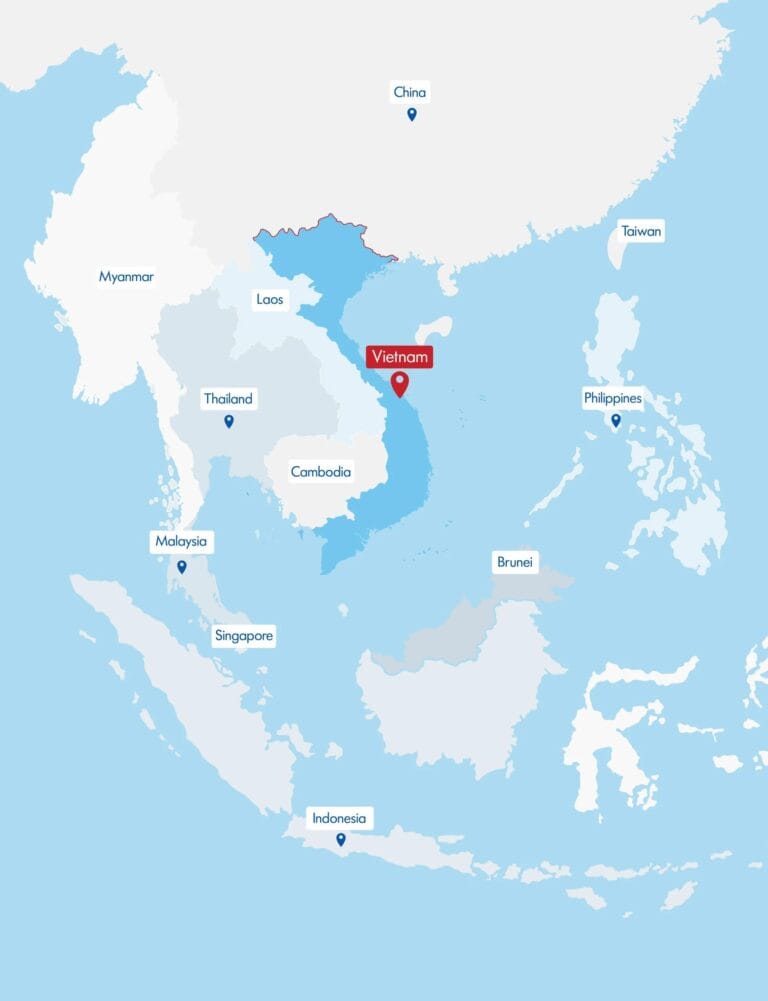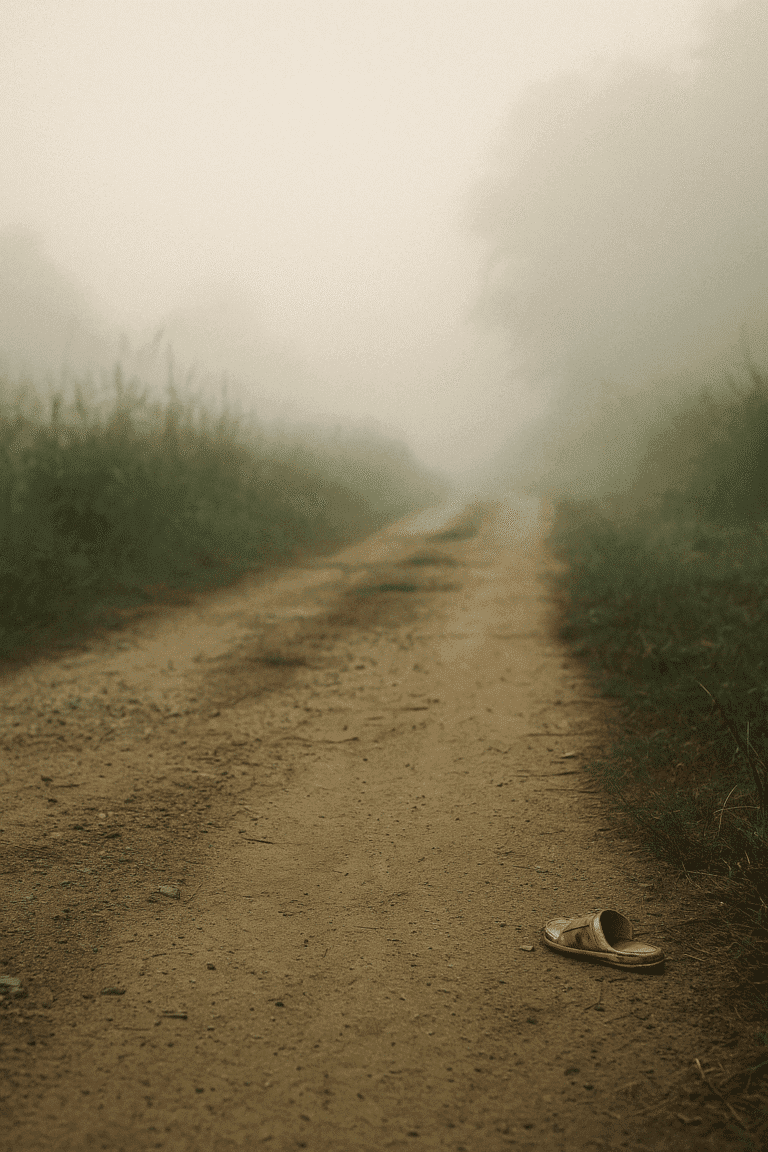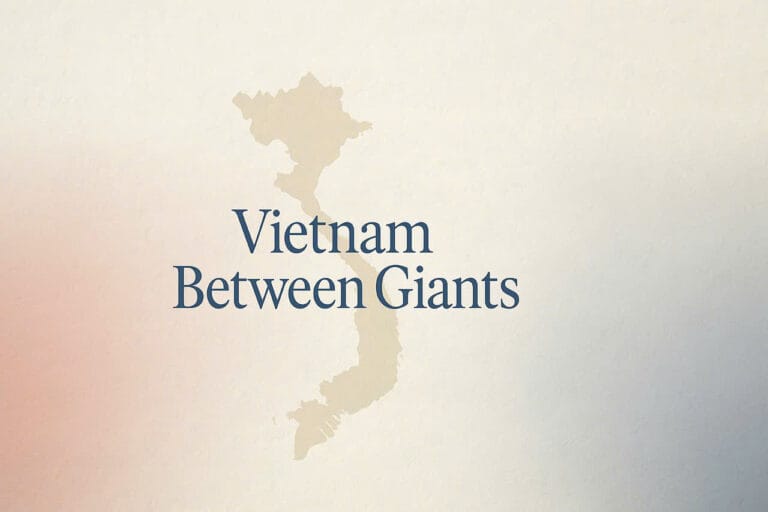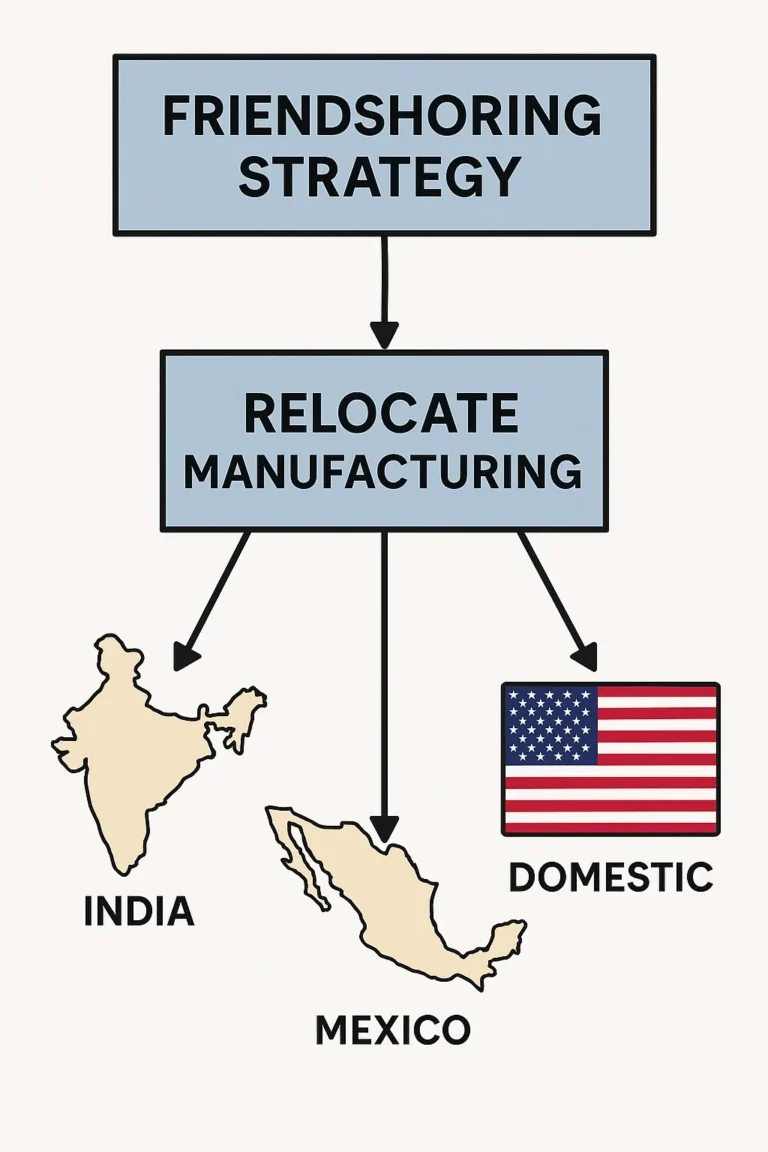Solitude as Homeland
Welcome to the Refractions Series, where we explore the intersection of tradition and modernity, culture and technology, through a Vietnamese lens. Each essay in this collection sheds light on the way we navigate identity in a globalized world, from the roots of our heritage to the far-reaching influence of technology. For more essays in the series, visit the Refractions page.
We rarely talk about solitude as something beautiful — let alone essential. It’s usually framed as a lack: of company, of connection, of being truly seen. But for me, and perhaps for many shaped by similar currents, solitude is not a punishment or a void. It’s a kind of home.
I grew up watching my elders inhabit long stretches of quiet without any apparent need for speech. A father lost in the rising drift of cigarette smoke; gaze distant. A grandmother staring out the window into hazy afternoon light, seeming to remember another life entirely, wrapped in a stillness so profound it absorbed the small sounds of the house. They weren’t necessarily lonely — they were still. Inward. Present in a way that bustling Western notions of constant connection never quite seemed to grasp.
Perhaps it’s this inheritance: a current within Vietnamese culture, for all its deep familial closeness, that is also steeped in a profound inwardness.
There’s almost a Buddhist quality in how pain is handled — quietly, carried within, without outward spectacle. A Confucian echo, too, in the emphasis on enduring rather than expressing every tremor. We share food more readily than we share feelings. We grieve through quiet rituals — the slow making of tea, the warmth of the cup a silent offering against the chill of loss. We show love not through grand declarations, but by staying. By being reliably present.
So much of this Vietnamese inheritance, as I witnessed it, involves learning how to endure moments alone — not from a lack of connection, but often from a deep wish not to burden others. We hold our suffering closely, like a stone carried in the pocket, its edges slowly polished smooth by the friction of our silence.
This profound inwardness inevitably shaped me. Even as I later found language — in writing, within diaspora communities, through political analysis — I held onto solitude as my first, my native tongue.
And I’ve come to understand: solitude is not weakness. It is often the beginning of clarity. It became that quiet homeland — the necessary internal territory where I could finally find the room to write these words. To remember my history not just through recited facts, but through the resonance of feeling. To make a tentative peace with the parts of myself that feel fractured, hybrid, perpetually undefined.
In this fractured world — where noise is mistaken for importance, where presence is measured in clicks and metrics — the capacity for solitude feels quietly subversive. And, in its own way, deeply Vietnamese.
Not because we prefer to be alone,
but because we — or those who came before us —
mastered how to survive, endure,
and even find clarity
when we are.
Get the Digital Edition of the Refractions Series
If you enjoy these reflections and want to dive deeper into the entire Refractions collection, you can purchase the full digital edition of the series on Gumroad. Click here to access the digital edition on Gumroad.








